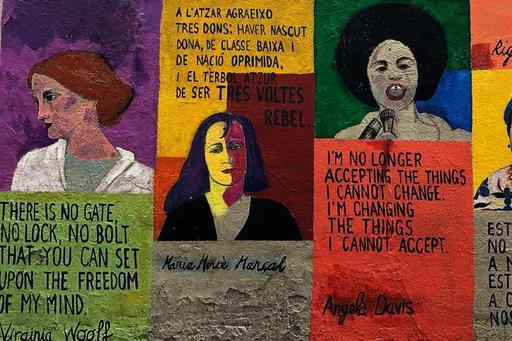Gender and Culture studies unit
The New Gender and Culture studies unit at the Department of Cultural Sciences was formed on January 1, 2025 by the merger of the Gender and Culture units.
Gender studies
The Gender Studies Unit is a creative environment with an openness for novel theoretical perspectives and methodological approaches, bringing together researchers and teachers from a variety of disciplinary backgrounds across the social sciences and humanities. Members of the Unit explore questions of immediate interest in contemporary academic and societal debates, in global as well as local contexts, aspiring to reach a broader societal impact to strengthen equality. We also seek to support possibilities for exchange across professional and sectorial borders, with a deep-seated engagement in questions of (trans)national justice and social change.

Culture
We who work in the fields of cultural studies, ethnology, and child and youth culture conduct research and education based on the academic traditions of cultural studies, ethnology, and child and youth culture. Our focus is on exploring cultural phenomena and people’s cultural practices in relation to the surrounding society.
